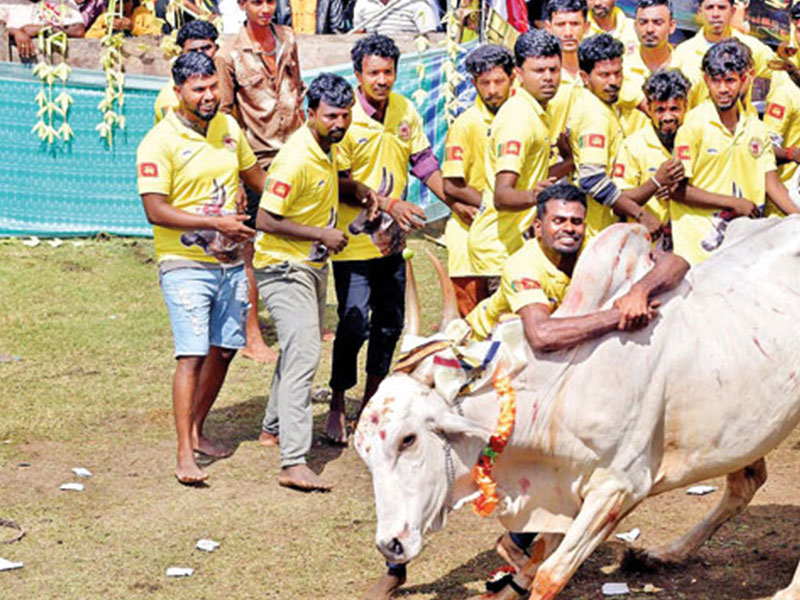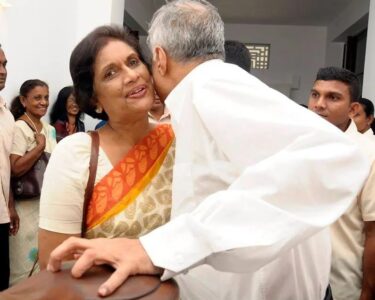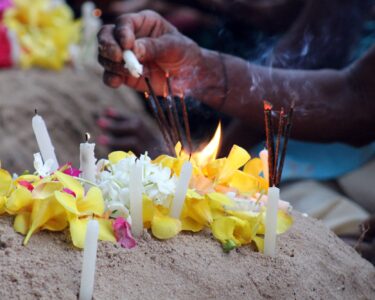Sri Lanka marked a historic moment as it hosted its first-ever Jallikattu in Trincomalee during the week-long Pongal festival. Over 200 bulls and 100-odd bull tamers participated in this traditional Tamil Nadu sport. Organized by Eastern Province Governor Senthil Tondaman, the event also featured Rekla races, Silambam fights, boat races, and beach kabaddi
Jallikattu is an age-old event celebrated mostly in the state of Tamil Nadu as part of Pongal celebrations. But this year, Sri Lanka is hosting its first-ever Jallikattu event in Trincomalee. The event was held in the Sampur area of Trincomalee, featuring more than 200 bulls and over 100 skilled bull tamers.
Animal Cruelty: Animal rights activists argue that Jallikattu inflicts pain and suffering on bulls, with practices like twisting their tails, prodding them with sticks, and spraying chili powder in their eyes causing distress and injury.
Public Safety: The sport carries significant risks for both participants and spectators, with documented cases of injuries and even deaths due to stampedes or unpredictable bull behavior.
Public Safety: The sport carries significant risks for both participants and spectators, with documented cases of injuries and even deaths due to stampedes or unpredictable bull behavior.
Ethical Concerns: The concept of humans “taming” or dominating animals for entertainment purposes raises ethical concerns for many, even if cultural significance is attached.
Legal and Judicial Battles:
Legal and Judicial Battles:
Jallikattu has been banned and unbanned multiple times due to legal challenges in Tamilnadu . In 2014, the Supreme Court banned the sport based on animal cruelty concerns, but it was later temporarily allowed by the Tamil Nadu government through an ordinance. The Supreme Court upheld the ordinance in 2017 with certain restrictions, and the controversy continues with ongoing protests and legal attempts to challenge the sport’s status.







